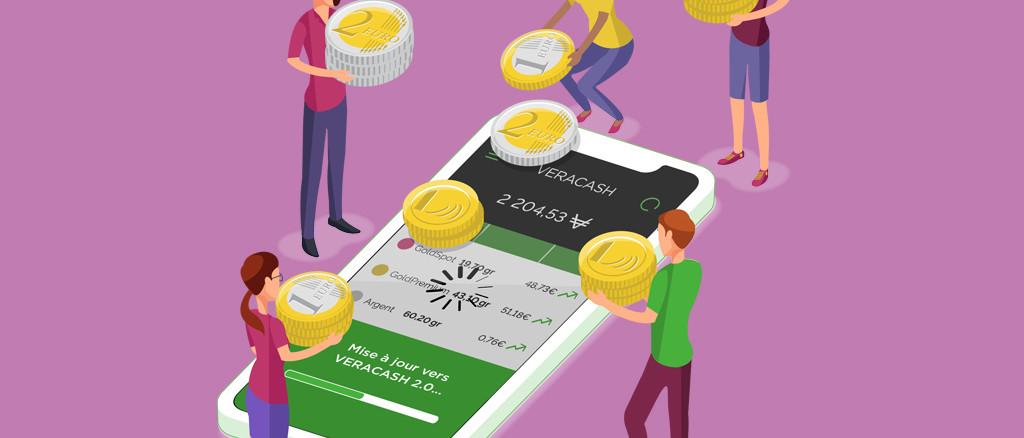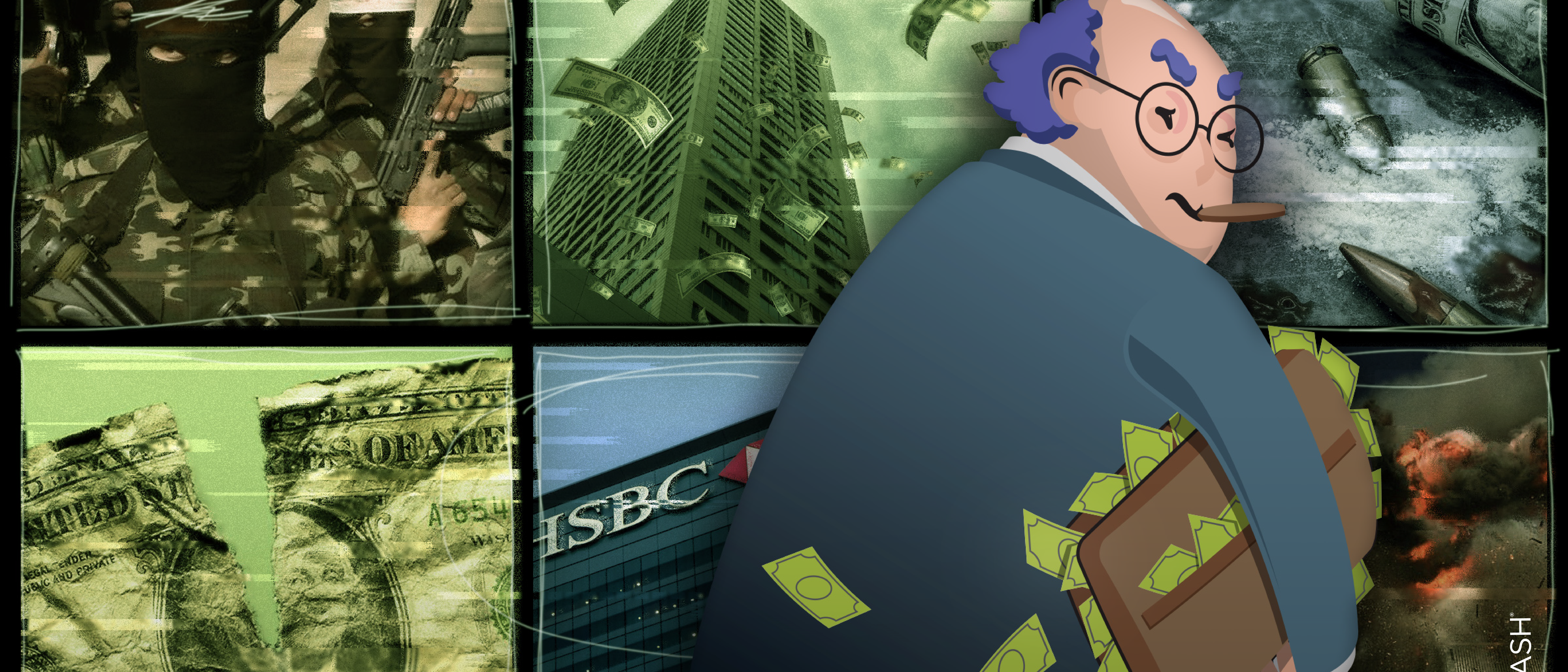At the moment, there is a new wave that is not talked about as often : the banking panic or ‘bank run’. However, it is a risk that is directly correlated to the loss of confidence in a commercial bank, or on a larger scale in the entire traditional banking system. What would be the consequences of a bank run? And what does it mean for VeraCash account holders? Here are some explanations.
What is a bank run and what are the consequences?
It has happened close to home (almost)
We all remember those images of queues of people in Greece in 2015. Had the new iPhone just come out? Far from it! In the midst of a debt crisis, Greeks rushed to bank branches in their droves to withdraw their funds.
Some just withdrew a little cash, fearing that the cashpoints would be closed, whilst others removed the entirety of their savings to take elsewhere. Several billion euros were allowed to leave the banking system in just a few days (L’Express, June 2015). That’s what a bank run looks like: a panic-driven act to attempt to safeguard your savings in the event of potential bank failures. Because in certain desperate situations, banks can indeed use the funds in their customers’ bank accounts to pay off their debts. The precedent was set in Cyprus in 2013, which gave birth to the French expression: “cypriotisation” of bank accounts.
For the last ten or so years in France, we have also associated the bank run concept with Éric Cantona. The ex-footballer appealed to French citizens to turn up at their banks in a mass protest on 7 December 2010 to withdraw their money. The aim was simple yet ambitious – to bring about the collapse of the banking system. Spoiler alert: it all just fizzled out. Despite managing to mobilise a virtual protest of hundreds of thousands of people on Facebook, the bank run didn’t happen. Cantona himself only managed a single, symbolic withdrawal on the day.
The consequences of a bank run
Fear does not avoid danger, this is particularly true in a bank run situation. When the movement actually occurs, it causes bankruptcy. This is what YouTuber Pierre Ollier says in a video on bank run: “People are afraid for the financial health of their bank, or they are afraid of the behaviour of other users. And they rush to the ATMs, which leads to a bank run”. These emotional decisions, made out of “fear of losing money”, can have a major impact. This is what happened in 2007 in England with the bank run.
A good illustration is the 2007 banking panic in England with Northern Rock. After requesting an emergency loan from the Bank of England, the institution suffered a “massive flight of customers” (Les Echos, September 2007). The result: panicked individuals waiting in line on the pavement to withdraw their assets, and an institution that was subsequently nationalised. It is interesting to note that this bank run is a direct result of the financial crisis in the United States: Northern Rock was then the 5th largest bank in British real estate financing.
Is a new bank run on the brink?
In our current economic system, many people tend to think that a bank run would not be possible. It is a situation that requires a major crisis of confidence in the banks. However, the banks are supported by central banks and the authorities, which do what is necessary to ensure that individuals retain their confidence (and even their money!) in the banks. This situation was already seen in 2008. “Eurozone finance ministers reaffirmed that the European Union would take all necessary measures to ensure the stability of financial markets and support banks”.
However, we must also put things into context. The 2008 financial crisis was an example of the systemic risk that shadow banking presents to the global banking system. Since 2008, the situation has not really improved. Even if some banks have shown the control systems in place, no institution is safe, and none which are “too big to fail”. Many observers have their eyes on the European systemic banks, especially Deutsche Bank, which really suffered from the financial crisis. A fragility that was dramatised in the “Bad Banks” series. Of course, in a crisis, the authorities do what is necessary to preserve trust capital… but how far? And can we “do what is necessary” with the assets of individuals?
What would happen in the event of a bank run? No need to panic for your precious metals
Let’s take a worst-case scenario, for example a system collapse due to a health crisis. Everyone seeks to withdraw their assets from their bank, both to ensure daily survival and to keep their money safe. The state can then decide to cap – or even freeze – withdrawals, limit account-to-account transfers and transfers abroad. To go even further, it can levy a tax on individuals’ savings.
But don’t panic about precious metals purchased from your VeraCash account. Even if the banking system is blocked and cash withdrawals are impossible, you can stilluse your VeraCash account to transfer money from individual to individual, or from individual to business (and vice versa). The VeraCash model is entirely physical and allows us to manage transactions without using the payment card. This means that your precious metals could still be used as a means of payment, thanks to the asset shipment functionality. Better yet, they would remain accessible on your account: they are stored in a free zone at the Geneva Free Ports in Switzerland and the French State has no possibility to confiscate them to pay back any debt. So you can always keep your precious metals in the meantime, or withdraw your RCVs from anywhere in the world, free of charge.
Brand & Content Manager chez Veracash.
Curieux de tout et en particulier d'Économie, de ses transformations et de l'impact qu'elle a sur nos sociétés.
Toutes les questions méritent une réponse, avec recul et pédagogie.
You might be interested in
5 January 2021
VeraCash is committed to fundraising to strengthen its reputation as an atypical neobank.
Don't pull your hair out! Because we know that our clients come to us mainly from the perspective of "nonbanking", we would like to reassure you…
1 October 2020
FinCEN Files: A swirl of revelations about banks and money laundering
FinCEN Files, the scandal making banks tremble. VeraCash reviews the abuses in the banking system and the systematic circumvention of regulations.
12 September 2019
Money Heist: A lesson on money from the Professor
What happens if the financial institution or the government should waver? The Professor is gambling on the assumption that the Bank of Spain will not…


